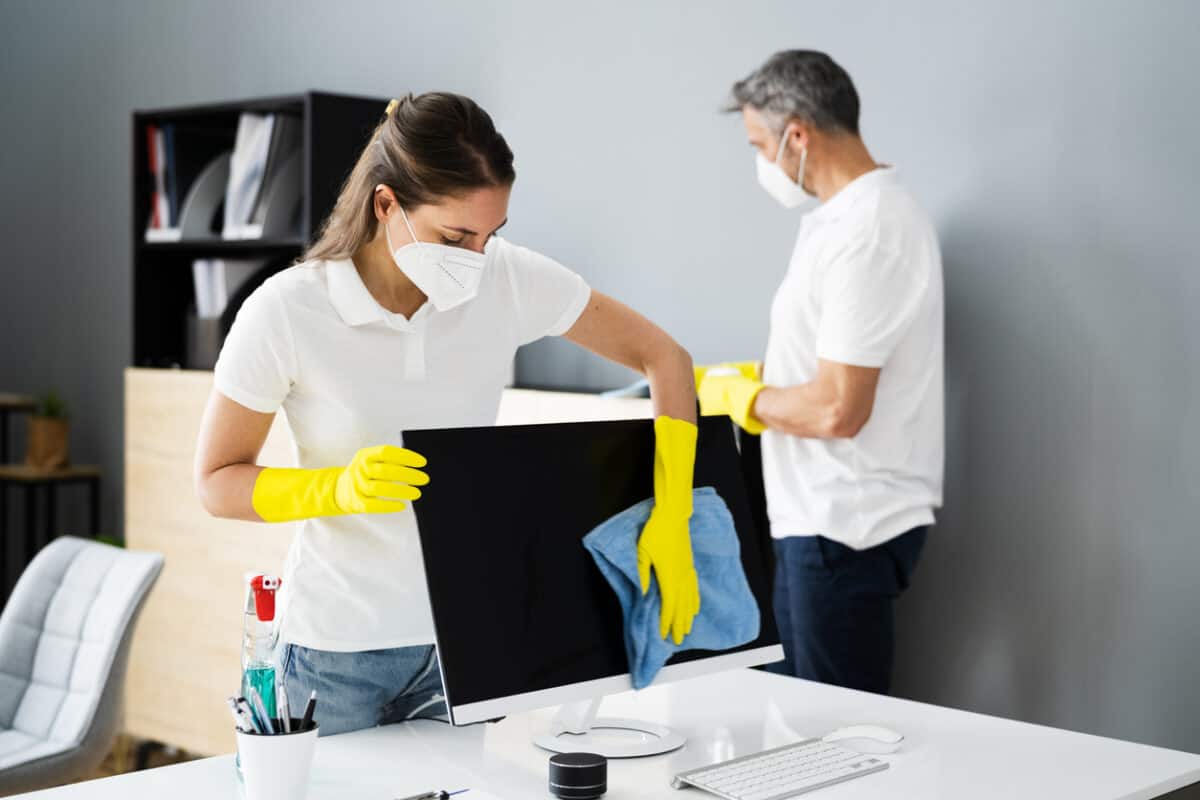Office ergonomics is one of the most misunderstood and misrepresented areas of occupational health and safety (OHS). The issue of posture was discussed in an article in the New Yorker on April 15, 2024, based on a new book – “Slouch: Posture Panic in Modern America” by Beth Linker. Rebecca Mead writes that Linker analyses a time when:
“… at the onset of the twentieth century the United States became gripped by what she characterizes as a poor-posture epidemic: a widespread social contagion of slumping that could, it was feared, have deleterious effects not just upon individual health but also upon the body politic. Sitting up straight would help remedy all kinds of failings, physical and moral, and Linker traces the history of this concern: from the exchanges of nineteenth-century scientists, who first identified the possible ancestral causes of contemporary back pain, to the late-twentieth-century popularity of the Alexander Technique, Pilates, and hatha yoga.”
links added







